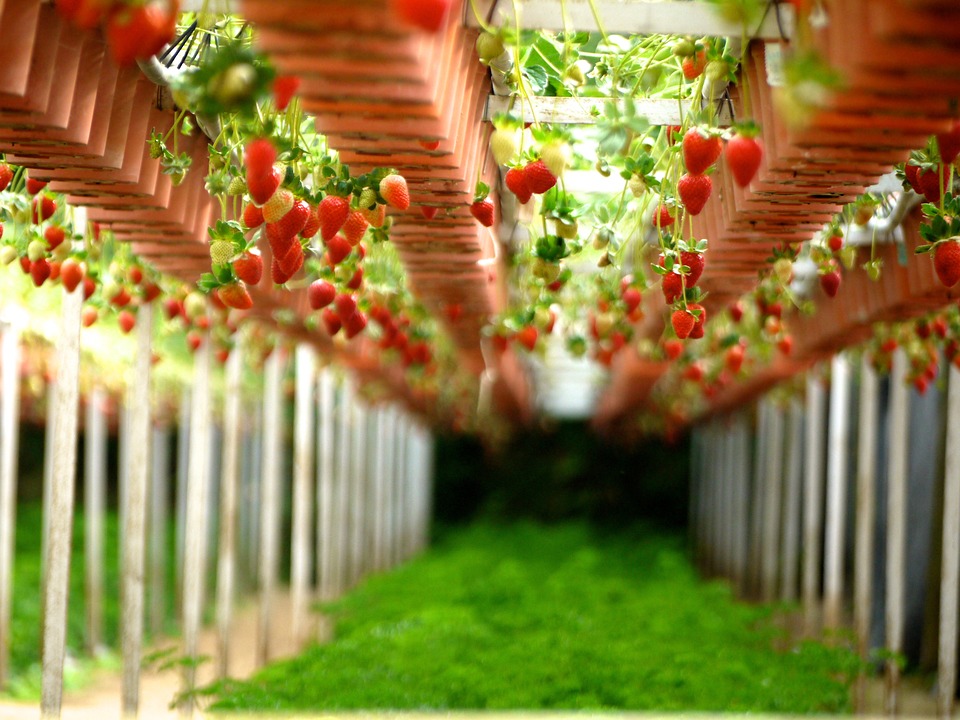Sustainable farming has always been a passion of mine ever since I made the decision to live off the grid and embrace a more self-sufficient lifestyle. Through my experience, I have come to understand the importance of enhancing soil health and reducing chemical dependency in farming and gardening practices. By making conscious choices to prioritize the well-being of the soil and minimize the use of harmful chemicals, we can create a more sustainable and wholesome environment for our crops to flourish. In this article, I will share some insights on how sustainable farming practices can enhance soil health and reduce chemical dependency, and offer some pro tips for those looking to embark on a similar journey.
Enhancing Soil Health
Soil is the foundation of sustainable farming, and its health is crucial for the success of any agricultural endeavor. Healthy soil is teeming with microbial life, organic matter, and nutrients that provide a fertile environment for plants to grow and thrive. One of the key principles of sustainable farming is to prioritize the health of the soil, rather than simply focusing on the immediate needs of the crops. This means taking a holistic approach to soil management, with the goal of building and maintaining healthy, living soil for the long term.
There are several strategies that can be employed to enhance soil health in sustainable farming practices:
1. Cover cropping: Planting cover crops such as legumes, grasses, and clover can help improve soil structure, prevent erosion, and add organic matter to the soil. These cover crops can also fix nitrogen from the air and make it available to other plants, reducing the need for synthetic fertilizers.
2. Crop rotation: Rotating different crops on the same land helps prevent the depletion of specific nutrients, reduces the buildup of pests and diseases, and promotes a more diverse and balanced microbial community in the soil.
3. Composting: Turning organic waste into nutrient-rich compost is a great way to add organic matter and microbes to the soil, improving its fertility and structure.
By implementing these practices, farmers can improve the health and productivity of their soil, leading to healthier crops and a more sustainable farming system overall.
Reducing Chemical Dependency
Conventional agriculture relies heavily on the use of synthetic fertilizers, pesticides, and herbicides to maximize crop yields and control pests and diseases. However, the overuse of these chemicals can have detrimental effects on the environment, human health, and the long-term sustainability of farming systems. Sustainable farming seeks to minimize chemical dependency by employing natural and organic methods of pest and disease control, as well as optimizing the use of fertilizers to reduce their impact on the soil and surrounding ecosystem.
Some key strategies for reducing chemical dependency in sustainable farming include:
1. Integrated pest management (IPM): By utilizing a combination of biological, cultural, and mechanical control methods, farmers can manage pests in a more sustainable and environmentally friendly manner.
2. Organic fertilizers: Using organic sources of nutrients such as compost, manure, and cover crops can help reduce the reliance on synthetic fertilizers while promoting soil health and fertility.
3. Agroecological practices: Agroecology focuses on understanding the ecological processes that occur in agricultural systems and using this knowledge to design farming methods that are both productive and sustainable. By working with nature rather than against it, farmers can reduce the need for chemical inputs and create resilient and self-sustaining farming systems.
Pro Tips:
-Pro tip: Test your soil regularly to assess its health and nutrient levels. This will help you make informed decisions about fertilization and soil amendment strategies.
-Pro tip: Diversify your crop rotations and cover cropping choices to maximize the benefits to soil health and reduce the risk of pests and diseases.
In conclusion, sustainable farming practices play a crucial role in enhancing soil health and reducing chemical dependency in agricultural systems. By prioritizing the well-being of the soil and minimizing the use of harmful chemicals, farmers can create a more sustainable and wholesome environment for their crops to flourish. Through the implementation of strategies such as cover cropping, crop rotation, composting, integrated pest management, and organic fertilizers, farmers can work towards building and maintaining healthy, living soil that will support their agricultural endeavors for years to come. Embracing sustainable farming not only benefits the environment and human health but also contributes to the long-term viability and resilience of our food production systems.



